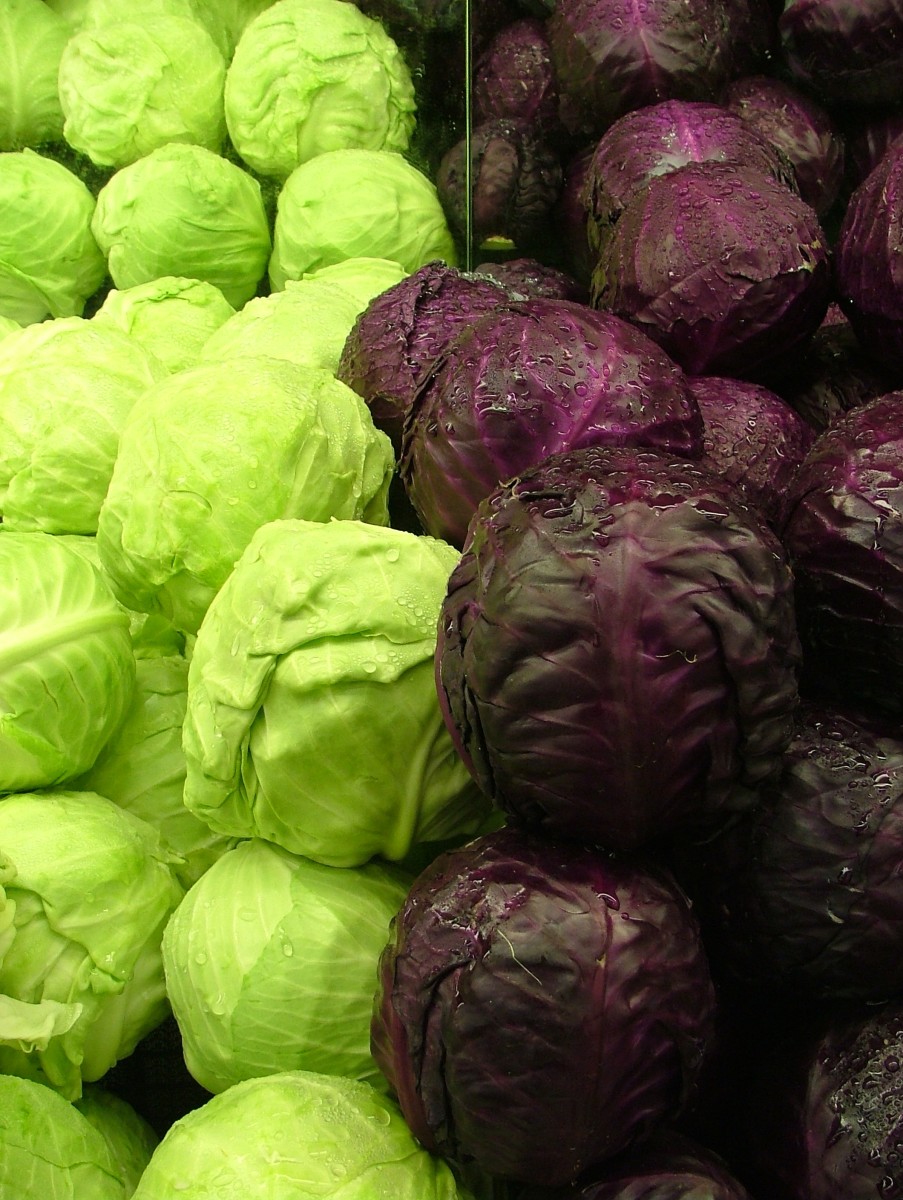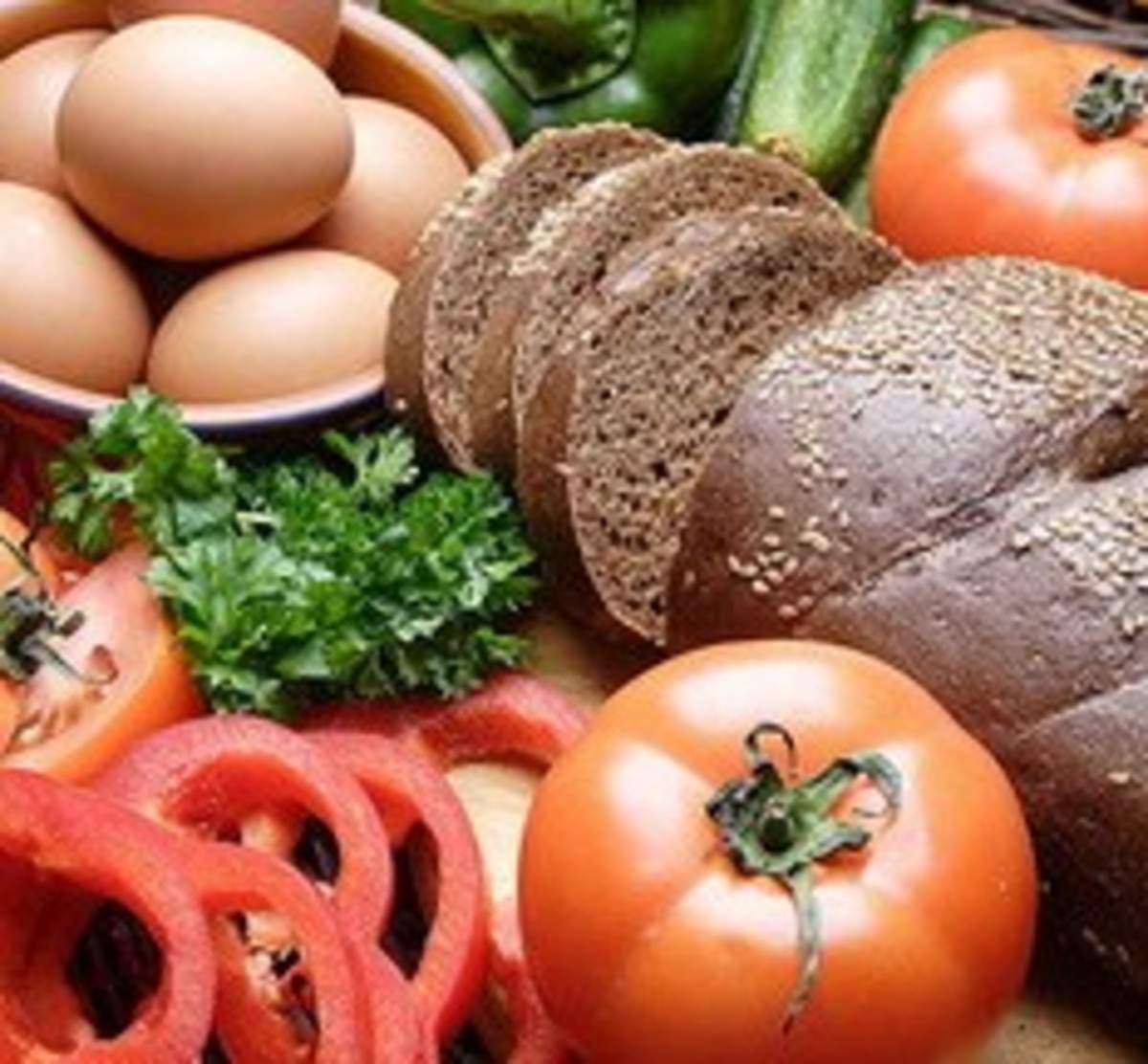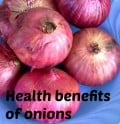Why Onions Are Good For You
Onions
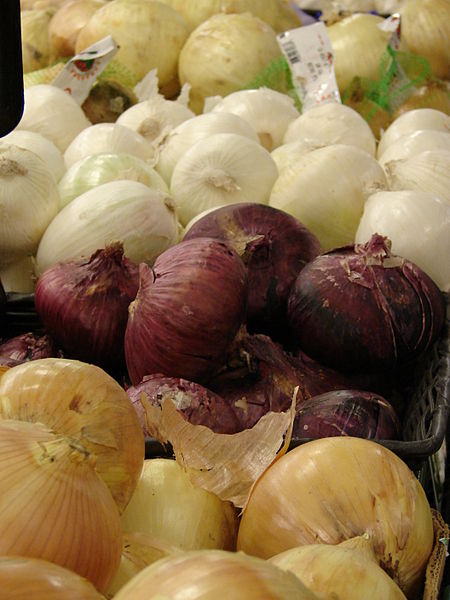
Onions Have Many Benefits
Onions have been grown for thousands of years. They originated from Asia. They were originally grown for its antiseptic qualities, and later became popular for its varied use in cooking. In Ancient Egypt, onions were used for the purpose of mummification.
Onions are part of the alluim family, just like garlic, scallions, leeks, and chives. The most familiar allium is the bulb onion, which comes in yellow, white, purple and red skins.
These foods are high in sulfur containing compounds, which give them their pungent odor and also provide many health promoting benefits.
Facts About Onions
Onion facts:
-
high in vitamin c
-
good source of fiber
-
good source of folic acid
-
45 calories per serving
-
sodium, cholesterol, fat free
-
onions low in calories
-
trace amounts of calcium and iron
-
high in potassium 1/2 cup of chopped onion yields about 240 mg of potassium
Researchers in Spain recently did a study that looked at the antioxidant and antibacterial properties of several types of onions.
Eat Onions for Flavor and Nutritional Benefits
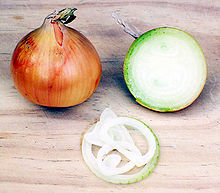
Onions and Antioxidants
Since ancient times, onions have been used in herbal medicine. Recent studies have shown that onion consumption reduces the risk of cardiovascular issues, cancer and reduction of inflammation. In studying the amount of flavonoids and phenols in many varieties of onions, it appears that onions are also high in antioxidants. Quercetin and kaempferol have antibacterial properties, and may even help as a natural food preservative.
Extracts from onions may inhibit the growth of bacteria that is commonly associated with food deterioration.
Flavonoids can reduce the risk of coronary heart disease. Flavonoids are concentrated in the outer most layers of the fleshy part of the onion. Onions also contain queretin, a type of antioxidant that slows the damage oxidation causes to our tissues and our cells. In studies, quercetin has proven to be able to get rid of free radicals in the body. We absorb quercetin twice as much from tea, and three times as much from apples. Onions may be able to prevent gastric ulcers by going after free radicals, by preventing the microorganisms that encourage ulcers to form.
Onion Recipe
Onions Can Help Fight Disease
Pungent onions have a powerful ability to stop platelet accumulation which is linked to cardiovascular disease and related health problems. At the University of Wisconsin, ongoing studies are being conducted to understand more about the powerful properties of onions. The researchers are looking into the possibility that onions can be used as a blood thinner and platelet inhibitor. Onions may also be able decrease osteoporosis.
Onions add wonderful flavor to food and has many value added health characteristics.
Several studies have shown quercetin to have beneficial effects against many diseases and disorders including cataracts, cardiovascular disease as well as cancer of the breast, colon, ovarian, gastric, lung, and bladder.
In addition to quercetin, onions contain the phytochemicals known as disulfides, trisulfides, cepaene, and vinyl dithiins. These compounds have a variety of health-functional properties, including anticancer and antimicrobial activities.
Quercetin doesn’t degrade, even when onions are simmered in hot water to make soup. The quercetin gets into the water of the soup. Heating onions on a low heat does not take away any of the good health effects of the onion.
The quercitin we get from onions is better than the quercitin we can get from supplements. Studies have shown we get better protection from oxidative stress when we eat an onion, cooked or raw.
Onions, whether boiled, fried, microwaved, baked, or sauteed, retain their levels of quercitin.
Scallions and Other Types of Onions are Good for You

Onions Have Many Benefits
It seems that eating about one to seven servings of onions on a weekly basis can effectively lower the risk of some types of cancer, including colorectal, laryngeal, and ovarian. To reduce the risk of esophageal cancer, you would need to eat a serving of onions each day. A serving of an onion is equivalent to about 1/2 cup.
Onions can have a sweet flavor. If you saute onions for 7 minutes, you can savor that sweet flavor.
When you saute onions, it is a great way to bring out the sweet flavor of them. It only takes about 7 minutes. Cut the onions into equal slices about 1/4 inch
so they cook evenly. The thinner the onions are sliced, the faster they cook. After they have cooked, turn the heat off of the stove and let them sit for about five minutes. This helps enhance the healthier qualities of the onions.
Most research on the cardiovascular benefits of onions has been done on animals. Evidence is showing that the sulfur compounds in onions may have anti clotting abilities. This science believes may help prevent the blood platelet cells from clumping together. Sulfur compounds may also lower blood levels of cholesterol and triglycerides and improve cell membrane function in red blood cells.
People who eat onions and other fruits and vegetables that are high in flavonoids may help prevent heart attacks.
Onions Are Good for Our Bones
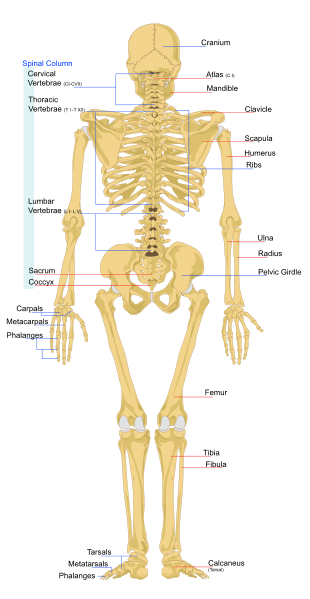
Anti Inflammatory Benefits of Onions
Onions have also proven to increase our bone density and may be beneficial to women who are of menopausal age when they may be experiencing bone loss. Women who are past the age of menopause may also be able to reduce the risk of hip fracture, if they eat onions on a daily basis. One study showed that sporadic onion consumption, in women who ate onions only once a month, did not benefit with increased bone density, but women who ate them on a daily basis showed great benefits to increased bone density.
Over and over again studies are showing that onions added to meals have many benefits to our overall health in many ways.
The sulfur content of onions also have show to have many benefits to our connective tissue. Connective tissue requires sulfur for its formation.
Onions may also help with rheumatoid arthritis and other inflammatory problems. The anti inflammatory benefits of onions are still be studied.
The bulb portion of the onion contains a unique sulfur molecule that has shown it can help control certain specialized white blood cells that affect our body’s immune defense system and is involved in triggering a large scale inflammatory response that can cause unwanted inflammation.
The antioxidant benefits of onions also provide anti inflammatory benefits by preventing the oxidation of fatty acids in our body. Lower levels of oxidized fatty acids produce less inflammatory signals and help keep things more in balance in our bodies.
You and Onions
How Often Do You Eat Onions
More Food Info from ToKnowInfo
click on any of the information below to read about other healthy foods from toknowinfo:

